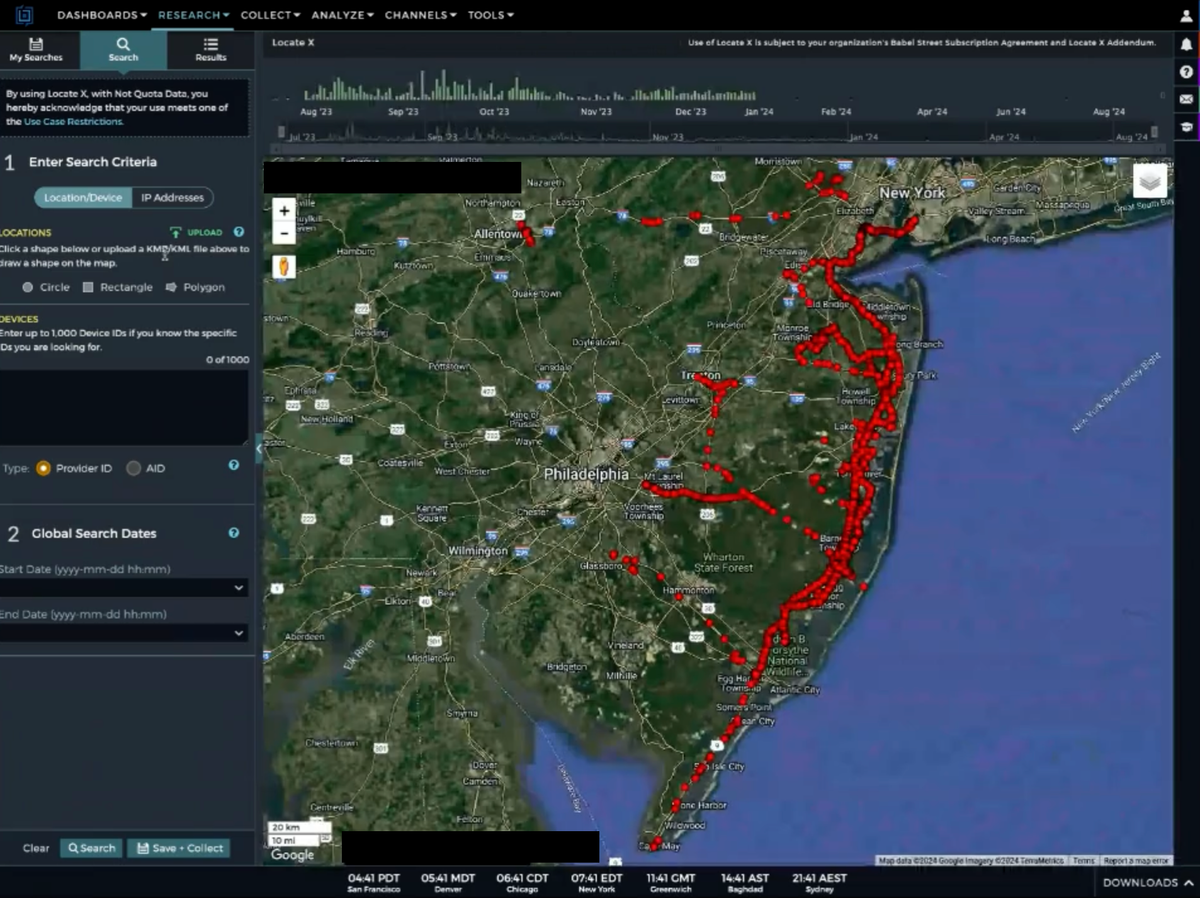- cross-posted to:
- technology@lemmy.world
- politics@sh.itjust.works
- cross-posted to:
- technology@lemmy.world
- politics@sh.itjust.works
Privacy advocates got access to Locate X, a phone tracking tool which multiple U.S. agencies have bought access to, and showed me and other journalists exactly what it was capable of. Tracking a phone from one state to another to an abortion clinic. Multiple places of worship. A school. Following a likely juror to a residence. And all of this tracking is possible without a warrant, and instead just a few clicks of a mouse.



Android virtual machine? Waydroid?
Are we talking about me specifically or people in general? I’ll assume general as I was just relaying a personal anecdote to show that my point/thesis wasn’t just a hypothetical as I do know how to get around it in my specific case.
In the general context, that’s not a great solution for most people as it is beyond their skill or time set. For the most disadvantaged people just having the ability to have a phone at all and a place to reliably charge it is an issue. There is also the issue is practicality. When I take public transit where I live, the app pulls up a QR code on my phone they gets scanned. I’m not even sure I could fit my laptop screen into the space to scan the QR code if I was emulating Android.
So I guess my thesis here is that systems should be made more accessible and inclusive rather than requiring those in the minority to either have to put more effort in using a workaround to reach functional parity or end up left out all together.
Fair points, misunderstood indeed.